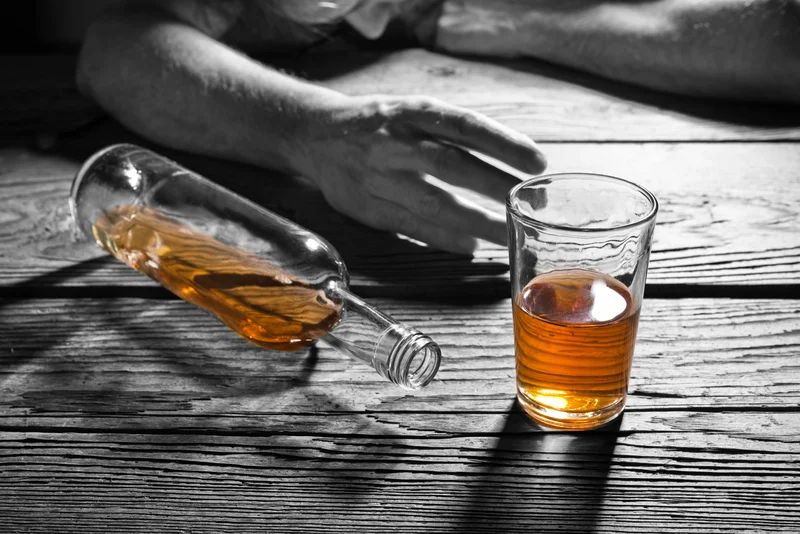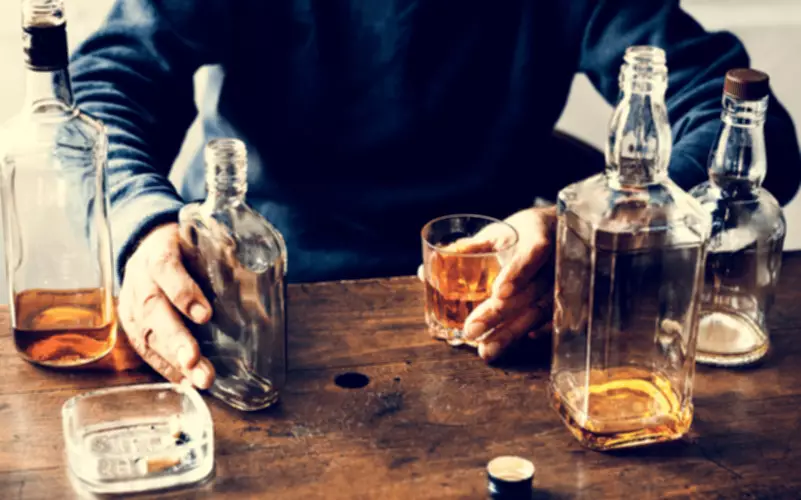
Other treatments include medications, iontophoresis (a machine used to reduce sweat output), surgery, or a combination of these therapies. In postmenopausal women who experience hot flashes and night sweats due to reduced estrogen levels, hormone replacement therapy may also be effective in reducing excessive sweating. In terms of the brain, alcohol has neurotoxic effects that can contribute to cognitive decline over time. For example, drinking excessively can impair short-term memory and thinking ability, as well as increases the risk of developing cognitive disorders such as dementia.
Treatment for Alcohol Use Disorder (AUD)

You’re supposed to meet up with friends for dinner and go out later, but you’re already feeling a drink, or two, past buzzed. Plus, we’re always introducing new features to optimize your in-app experience. We recently launched our in-app chatbot, Melody, powered by the world’s most powerful AI technology. Melody is here to help as you adjust to a life with less (or no) alcohol.
- Duration of symptoms can vary depending on the amount of alcohol a person has consumed, the rate at which their body processes alcohol, and their overall health.
- For example, drinking excessively can impair short-term memory and thinking ability, as well as increases the risk of developing cognitive disorders such as dementia.
- One study of alcohol’s effects on body temperature showed that sweating and the sensation of heat increased significantly 10 minutes after consuming alcohol.
- However, the sweating process is a visible sign of your body working to restore balance after alcohol consumption.
- To reduce night sweats related to food, it is advisable to maintain a balanced and healthy diet.
- If you are experiencing excessive sweating from drinking alcohol, it is best to try to cool down.
FAQs On Sweating Out Alcohol

When Health Shots got in touch with Dr Jinendra Jain, Consultant Physician, Wockhardt Hospital, Mira Road, Mumbai, and asked why people often experience sweating or hot flashes after drinking alcohol. He promptly replied that it’s quite common as it’s an aftereffect of alcohol. Additionally, high-sugar foods can cause fluctuations in why does alcohol make you hot blood sugar levels, which may lead to night sweats. Fatty foods often require more energy to digest, which can raise your body temperature and contribute to sweating. Paying attention to your diet before bedtime can help alleviate this issue. Whether it’s a rich cup of coffee or a stimulating energy drink, caffeine can disrupt your body’s ability to regulate temperature.
How Much Does Drug Rehab Cost Without Insurance
- Adequate hydration also helps the body to process and eliminate alcohol more effectively, potentially reducing the severity of night sweats.
- Alcohol addiction treatment is the most effective way to recover and abstain from alcohol long-term.
- Professionals can alleviate withdrawal symptoms safely and provide treatment to improve your comfort throughout the withdrawal phase.
- Furthermore, those who have problems related to the use of alcohol usually require continuous therapy and supportive assistance.
- Alcohol withdrawal can cause excessive sweating because the body’s autonomic nervous system becomes dysregulated.
- Symptoms can include hot flashes, night sweats, mood swings, vaginal dryness and changes in sexual desire.
- These programs provide structured care, including therapy, counseling, and support groups, which are essential for long-term recovery.
Further, individuals who drink heavily or regularly may experience night sweats as a common symptom of alcohol withdrawal. This is due to the body’s reaction to the absence of alcohol, causing disruptions in the central nervous system that can lead to increased perspiration. As per a 2022 national survey, 29.5 million individuals aged 12 years and older in the United States reported to have past-year Alcohol Use Disorder (AUD), highlighting the prevalence of this issue. The effects of alcohol on the body are wide ranging and include our central nervous system and circulatory system.
When to Go to Rehab for Alcohol and Recognizing the Signs
This tailored approach can help you pinpoint and avoid individual triggers in your diet. There are some cooling strategies you can easily implement, such as wearing breathable clothing or carrying a handheld fan, to counteract the heat generated by alcohol. Night sweats are when you wake up feeling drenched and cold, having sweat excessively during your sleep. Night sweats can be very disruptive to your sleep, affecting your mood and overall sense of well-being during the day. Changing clothing regularly, changing bedsheets, and wearing natural, breathable fibres, as well as deodorant, can also help manage sweat, as well as increase confidence. Drinking in moderation, attending alcohol-free social events, or replacing stress-related alcohol consumption with mindfulness or stress-management exercises can help reduce intake.
#1: About 75% of women going through menopause will experience hot flashes and night sweats.

Women who https://ecosoberhouse.com/ are going through menopause may be more susceptible to alcohol-induced sweating. That’s because the rest of the alcohol will get broken down via oxidation, which breaks the toxins into smaller parts called diacetic acid, which smells like vinegar. People who wrestle with night sweats often want to know how quickly alcohol leaves their system. Alcohol sweats occur when you produce more perspiration than usual after drinking. Join 40,000+ People Who Receive Our Newsletter Get valuable resources on addiction, recovery, wellness, and our treatments delivered directly to your inbox.


Additionally, alcohol can stimulate the body’s nervous system and increase sweat production, which can also lead to an increase in body odor. If someone is sweating incessantly, there could be multiple culprits at work, such as fever, certain antidepressants or steroids, low blood sugar levels, Sober living house or menopause. Excessive alcohol consumption and withdrawals are a common catalyst behind unpleasant sweat, particularly night sweats.
